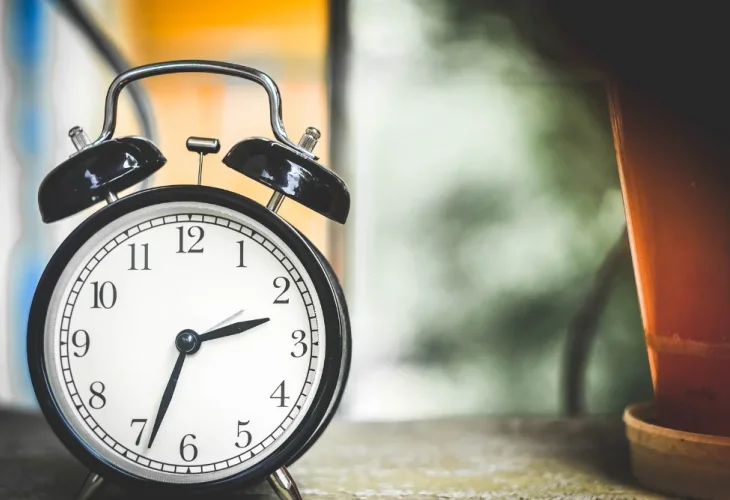Why a Sleepless Night Makes You Hungry: The Science Explained
Have you ever stayed up all night and found yourself munching throughout the next day? Lack of sleep particularly affects the hormones that control hunger and fullness. Here's how it works.

Have you ever had one of those nights where you just couldn't get enough sleep? And then the next morning, you find yourself unusually hungry, reaching for snacks all day? Wonder why that happens? The answer lies with two key hormones – ghrelin and leptin – that regulate our feelings of hunger and fullness. Ghrelin, often termed the 'hunger hormone,' increases appetite, while leptin, the 'satiety hormone,' helps curb it. These hormones are significantly influenced by our sleep patterns. Studies show that lack of sleep can disturb the balance between these two hormones, leading to increased hunger and potential weight gain.
Ghrelin – The Hunger Hormone
Ghrelin is primarily released from the stomach when it’s empty, sending signals to the brain that make us feel hungry. Levels of ghrelin rise before meals and drop afterward. When we don't get enough sleep, studies indicate that ghrelin levels in our body can significantly increase, making us feel hungrier, even if our bodies don't actually need more energy.
Leptin – The Satiety Hormone
Leptin is secreted by the body's fat cells and its job is to suppress hunger and encourage the feeling of fullness. The more fat stored in the body, the more leptin is released, signaling to the brain that sufficient energy is available, so there’s no need to eat more. Sleep deprivation lowers leptin levels in the body, so when we don't sleep enough, the brain gets fewer fullness signals, leading to overeating.
The Link Between Sleep, Ghrelin, and Leptin
It's now understood that lack of sleep can disrupt the balance between ghrelin and leptin. When we are sleep-deprived, ghrelin levels go up, and leptin levels go down. This combination makes us feel more hungry, while the sensation of fullness is delayed. As a result, we might eat more than we really need, especially foods rich in calories like sugars and fats, which provide quick energy to the body.
Why We Eat More When We Sleep Less
When we get less sleep, the brain looks for ways to compensate for the lack of energy, and often the quickest way to do that is through food. In addition to hormonal imbalance, sleep deprivation also affects our decision-making and emotional regulation.
Various studies have found that people who sleep less than seven hours a night tend to consume more food throughout the day and lean towards high-fat and carbohydrate-rich foods. Furthermore, lack of sleep can cause a constant feeling of hunger, even if the body has received sufficient energy.
How Adequate Sleep Helps Maintain a Healthy Weight
Getting enough sleep is crucial for maintaining hormonal balance and overall health. When we sleep well, ghrelin and leptin levels remain stable, allowing the body to eat according to its true needs. Sleep also plays a role in metabolism and other recovery processes that occur in the body during the night.
Ensuring a sufficient night's sleep, typically between 7-9 hours for adults, not only boosts energy and vitality throughout the day but also helps maintain a healthy body weight and hormonal balance.

